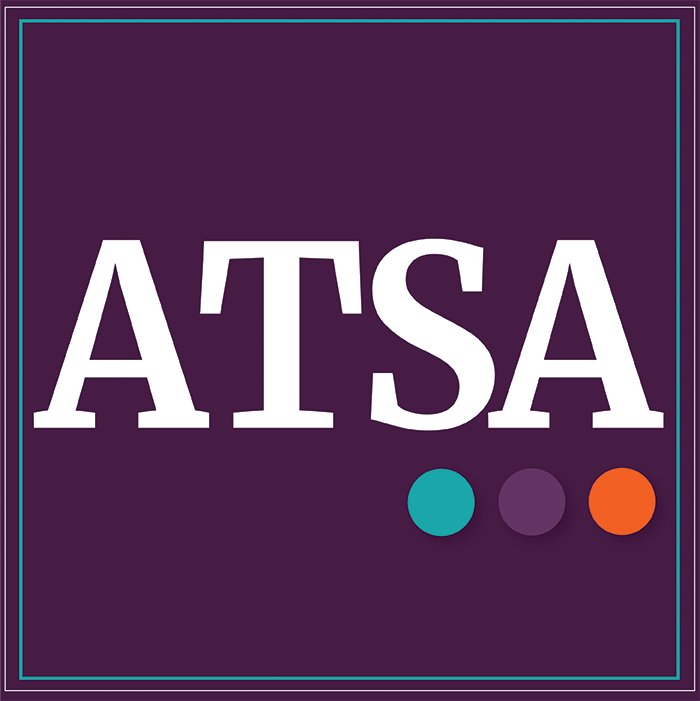Information Library
Position papers, amicus briefs, policy briefs and more--everything members need to support them in the field of the treatment and prevention of sexual abuse.
ATSA's 2022 comments on Title IX changes advocate for comprehensive sexual harassment definitions and equitable services in education.
Aniss Benelmouffok
ATSA's 2021 document promotes evidence-informed policy and practice in sexual abuse prevention and criminal justice response.
Aniss Benelmouffok
ATSA's 2021 paper on internet-facilitated sexual offending outlines offense types, risk assessment, reoffending rates, and treatment needs.
Aniss Benelmouffok
In June 2017, the Association for the Treatment of Sexual Abusers (ATSA) contributed to an amicus brief for the Supreme Court case Packingham v. North Carolina. This landmark brief criticizes North Carolina's broad restrictions on sex offenders using social media. It argues that such blanket bans are not only overbroad but also ineffective in preventing sexual offenses, instead causing harmful collateral consequences that impede successful reintegration of offenders into society. The brief emphasizes that sex offenders
Aniss Benelmouffok
The Association for the Treatment of Sexual Abusers (ATSA) is a non-profit, international, multi-disciplinary professional association of more than 3,000 specialists dedicated to the research and prevention of sexual assault. ATSA's membership includes leading researchers in the study of sexual violence as well as professionals who evaluate and treat sexual offenders, sexually violent predators, and victims. Members work closely with public and private organizations such as prisons, probation deparhnents, law enforcemen
Aniss Benelmouffok
In August 2016, the Association for the Treatment of Sexual Abusers (ATSA) submitted an amicus brief offering a treatment provider's perspective on juvenile sex offender registration. The brief critiques the inclusion of juveniles in sex offender registries, a practice mandated by the Sex Offender Registration and Notification Act (SORNA). ATSA argues that this practice is not only ineffective in reducing recidivism but also leads to adverse outcomes such as social isolation and housing instability. The brief emphasizes
Aniss Benelmouffok
